prof. Dr. György, Alföldi DLA / architect, university professor

Prof. Dr. György Alföldi DLA / Architect, University Professor of the Department of Urban Planning and Design of Budapest Universityof Technology and Economics (BME) / Dean of Architecture Faculty (BME)
Since 1998 György Alföldi has been responsible for the urban development of Józsefváros, eight district of Budapest. He took part in the renewal of the district, namely the Corvin Sétány and the Magdolna Quarter Programs, which are well-known in Europe. In his DLA thesis, defended in 2007, he analysed the connections between architecture and urban development. Within the Department of Urban Planning and Design, he and Péter Bach created the „Urban Future Laboratory”. The aim of the project is to teach urban planning&design through researching the challenges of a city’s future, while reacting to social needs.
profile at urb/bme
Peter Bach DLA / architect, associate professor
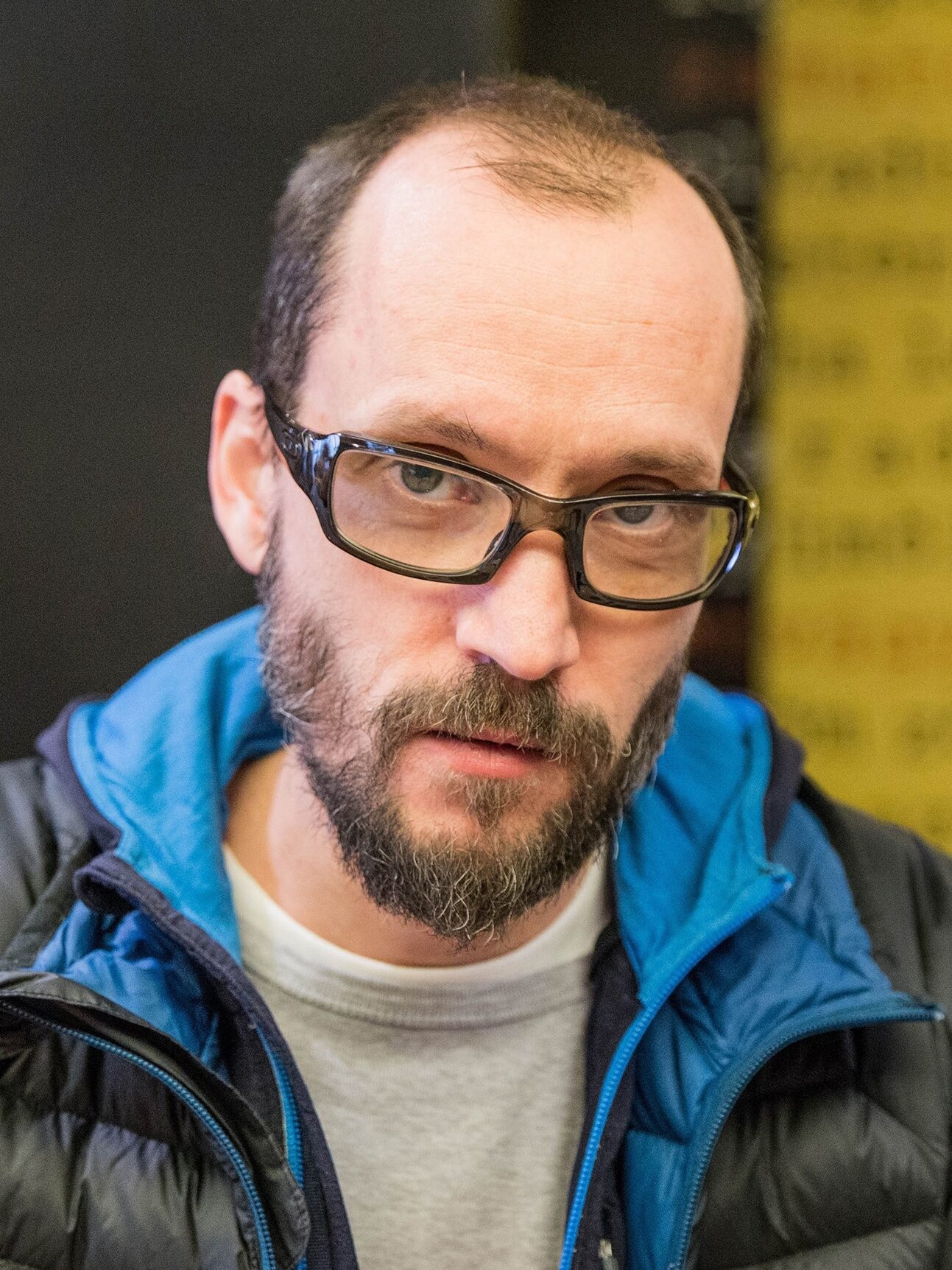
…”Being a practicing architect and a teacher of architecture I travel around the world frequently – to be educated by the world itself.”
I graduated as an architect in 1996 at the Budapest University of Technology and Economics (BME) and almost since that time I have taken active part in the education of the Department of Urban Planning and Design. I joined the UFLab in 2011 and I’m taking an active part in its program continuously.
At the same time I’m also working on my DLA doctoral research and thesis with the title “HACKING the CITY” – that has strong and direct connection with the thematics of the UFLab’s FUTURE Cities and LOST Cities and investigates the city as a form of a complex of systems by considering the urbanised world as an analogy of the hardware and software of computer system extended with humanware – and then comes the hacking of these in the most creative and positive sense…
Besides the academic activity I have had a continuous professional practice since 1999 in my own office for architecture called FUSION architects with jobs ranging from urban design to interior and graphic designs.
Olívia Kurucz / architect, DLA student
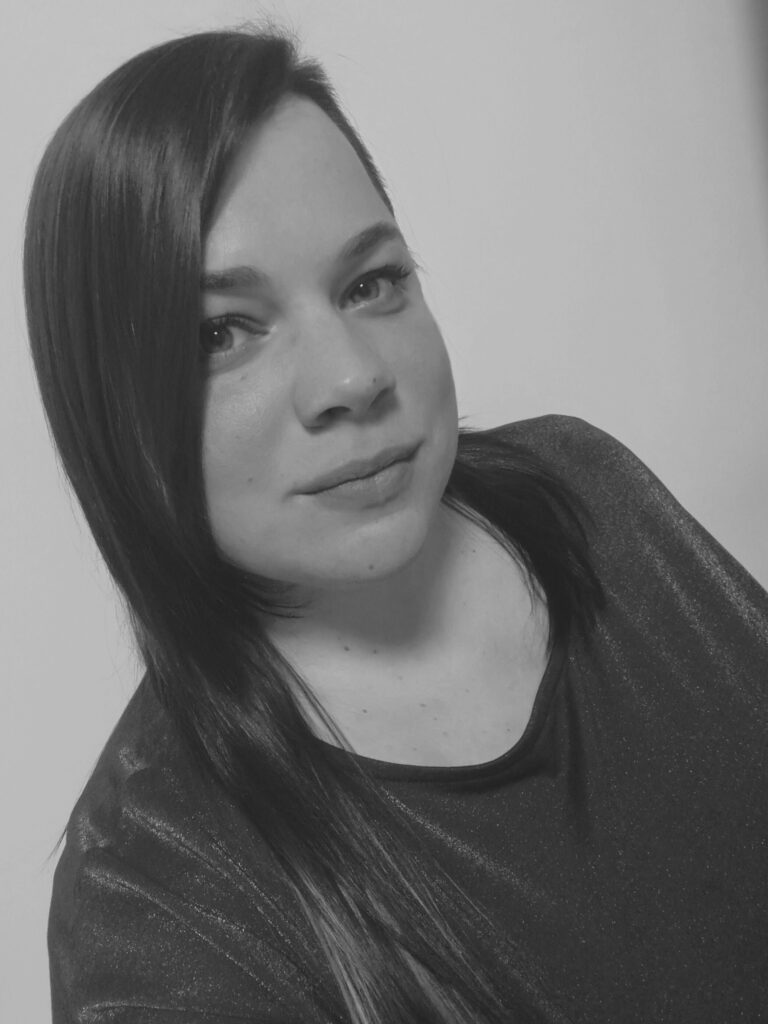
I graduated as an architect in 2016 at the Budapest University of Technology and Economis (BME). During my academic years I completed all the optional design subjects within the Department of Urban Planning, meanwhile, I took part in the studies of the UFLab workshop, where György Alföldi and Péter Bach became my mentors. I found their suggestions extremely exciting, so I decided to participate in their experimental projects even as a student.
After graduation I started working as a practicing architect, but I maintained an active relationship both with the Department and UFLab. From 2017 I taught as a guest lecturer and we implemented several community planning projects with the Workshop.
Since I started my doctoral studies (DLA) in 2018, I have been researching artificial intelligence and retaining ability of cities. I consider it important to facilitate communication between professionals and citizens, therefore, I am seeking and developing tools that can help design processes in real projects.
profiles at LinkedIn & urb/bme
Daniel Balizs PhD / geographer, research fellow
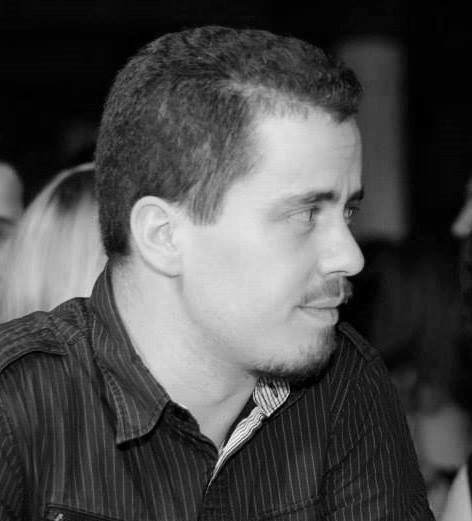
Dániel Balizs (geographer) works as research fellow in the Department for Urban Planning and Design at the Budapest University of Technology and Economics (BME).
Besides lecturing and the professional research work he is participating in the Artificial Intelligence–Smart Cities (founded by Hungarian State) and in the DANUrB (Danube Urban Brand) projects. In the framework of the DANUrB he is responsible for creating and managing the research platform of this major EU-funded INTERREG project. Previously, Mr. Balizs worked as a junior research fellow in Geographical Institute at the Hungarian Academy of Sciences.
He holds a PhD in Ethnic Geography from the University of Szeged.
profiles at LinkedIn & urb/bme
Tamás Fenes DLA / architect, associate professor
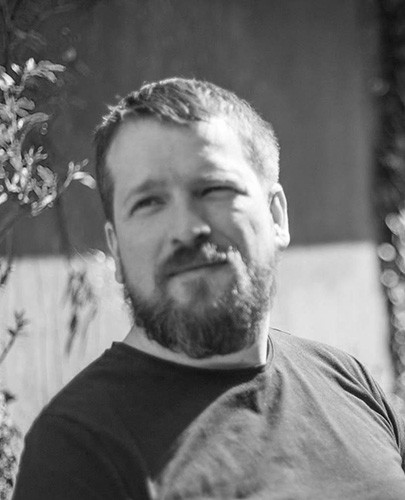
I graduated at the Faculty of Architecture in 2002, and since then with minor omissions I’ve had a tutor relationship with the Department of Urban Planning.
As a freelance architect, I work with several architectural offices besides my teaching profession. Architectural occupation and education play a parallel role in my life. I try to exploit this duality; the experience of practice in education, while the results of experimentation with students are being used in architectural planning.
My particular point of view is precisely the observation of these situations. In my opinion, individual architectural standpoints are much more forward-looking than the mainstreams canonised solutions.
Balint Balazs / architect
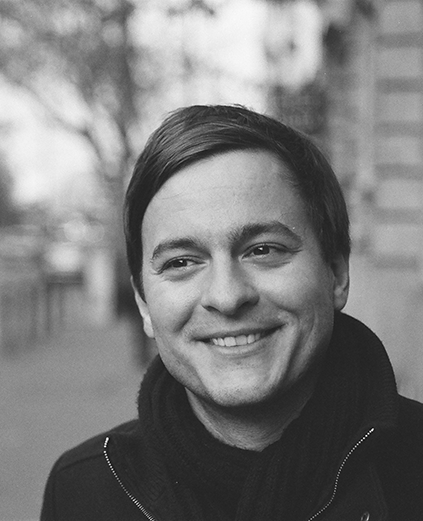
He studied architecture at Budapest University of Technology and Ecomomics (BME), received his master degree in 2017. He has worked for private architecture studios as a designer and project manager. From 2012 he has been involved in several activities of Hungarian Contemporary Architecture Centre (KÉK): he is the leader of Pecha Kucha Night Budapest presentation event and Trust your Architect! roundtable conference series. His main interests are focused on the distressed areas of the urban environment and the effect of globalization on cities. Since graduation he has been a member of Urban Future Lab at the Department of Urban Planning and Design at BME, where he conducts a research project on Hungarian shrinking cities.
profiles at LinkedIn
Imre Bokányi / architect
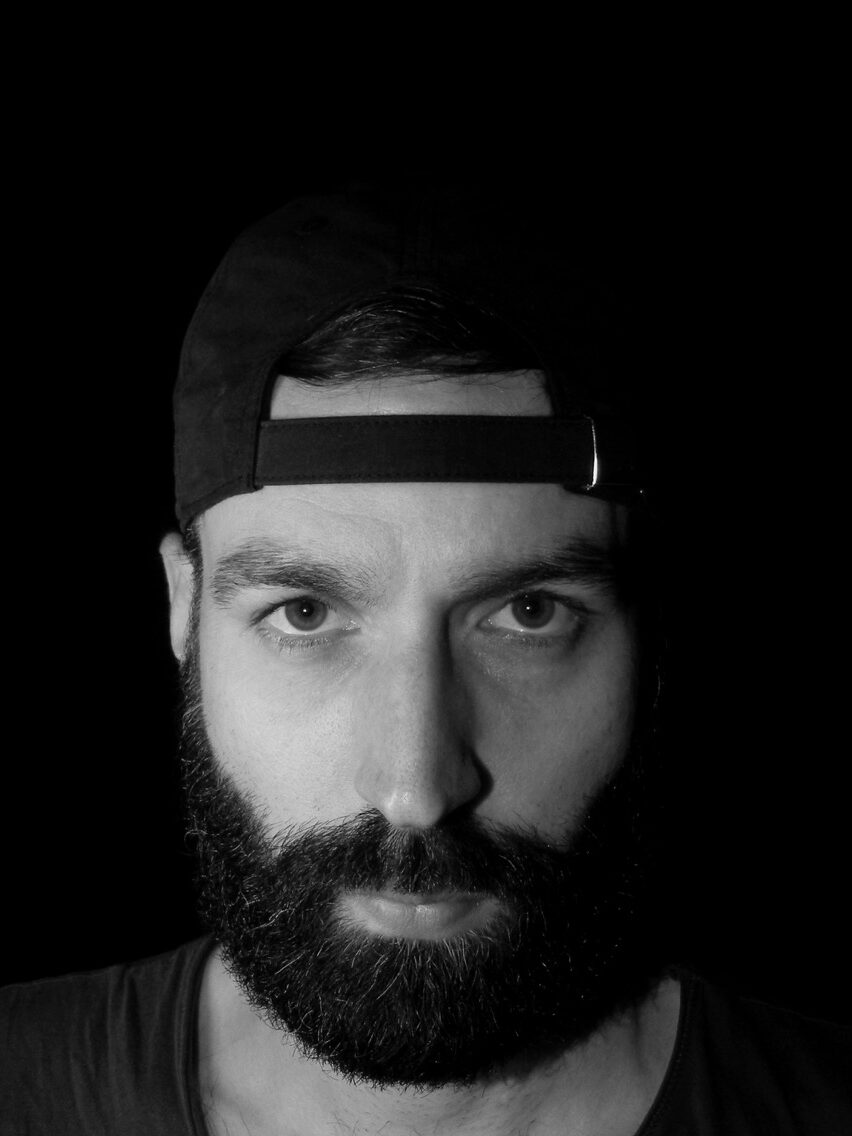
Having worked with other creatives, artists, architects and musicians, I have found my way to develop a vibrant and promiscuous aesthetic. Oscillating between the extremes of the internet with contradictory links. Postmodern philosophies, the products of the culture of late-capitalism and underground club culture, help me illustrate my perspective.
profiles at LinkedIn
Péter Hauszknecht / developer
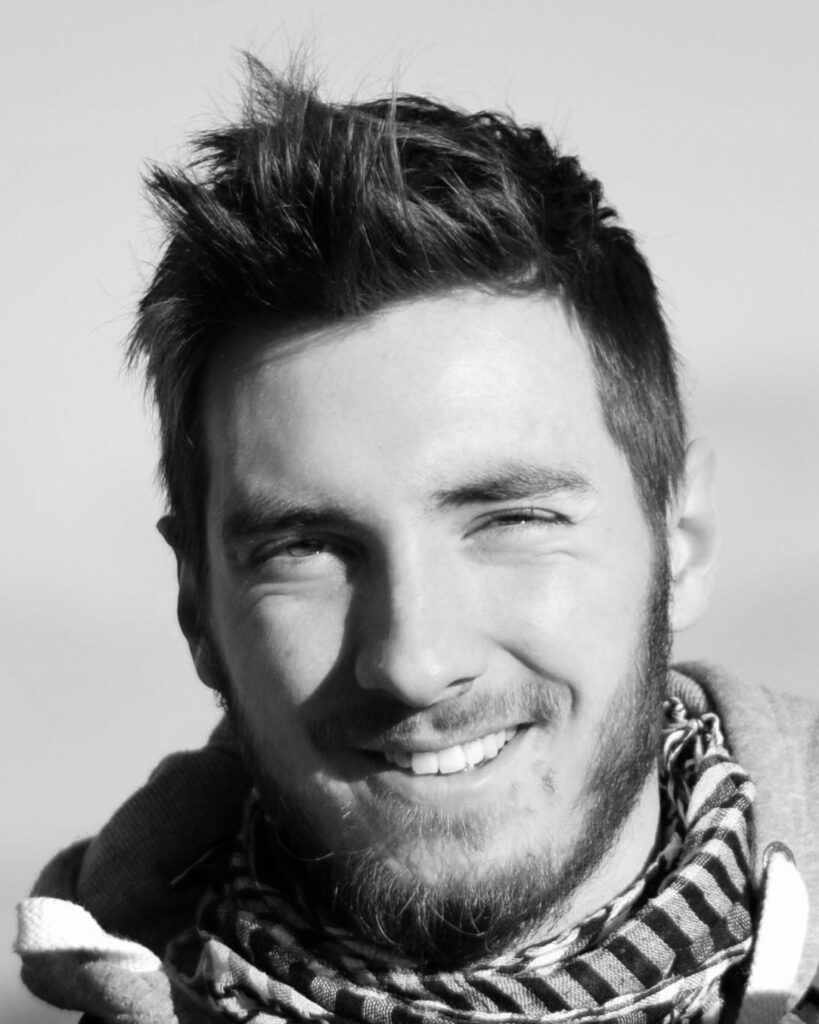
I was attending physics at ELTE when we founded a startup with my friends from BME. As a result, I have been working as a developer since then, now as a lead dev at a company called JayStack. For many years I have been interested in amateur astronomy and astrophysics, and I would like to raise my hobby to a professional level with the help of my studies.
profiles at LinkedIn
Tamás Vörös DLA / architect, associate professor
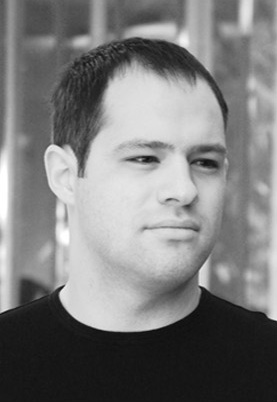
Committed to architectural quality, and obsessed with highly professional skills.
profiles at LinkedIn & urb/bme
Júlia Pokol / architect, DLA student
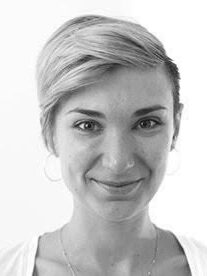
After my graduation in 2019 I started working as an architect and soon initiated my DLA research at the Faculty of Architecture (BME). Parallel to the doctoral research I work as an architect at Opinion Builders Ltd. since 2020. Both in my personal and professional life I seek to find ways of living and operating in a sustainable and thrifty way, and this objective became even more important during the last couple of years: to find a natural and harmonic balance in life, with nature, sustained by the means of art and architecture.
Apart from working as an architect I do some volunteering at ULE for homeless citizens and am a summer school teacher at a ceramic workshop in Pest thus I keep the balance between the rational nature of engineering and the impulsive vibes of art and social affairs.
Tamás Dongó / architect
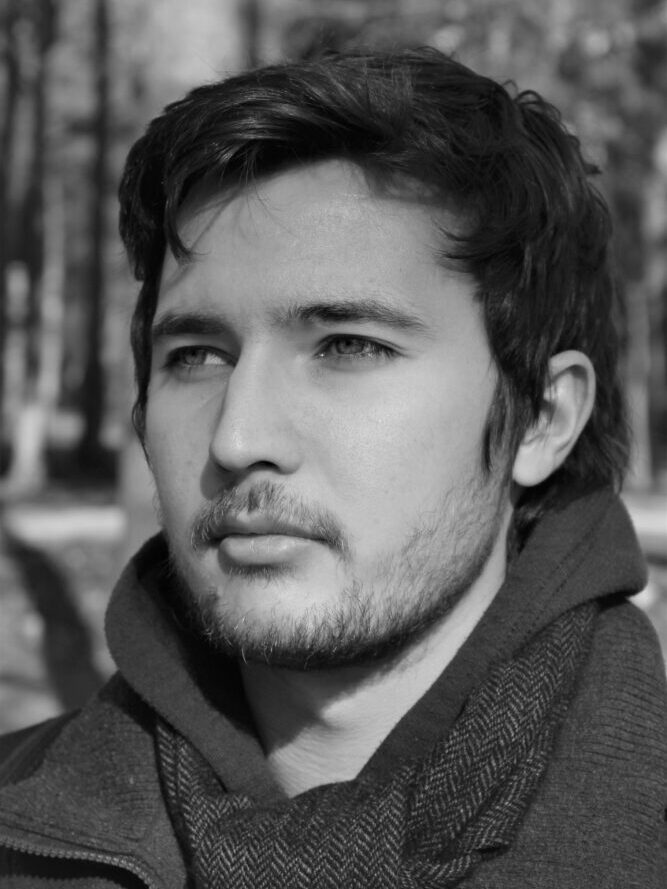
Tamás Dongó graduated at the Faculty of Architecture in 2021, and since then he has been working at a private architecture studio. During his studies, he always tried to escape the traditional ways of designing buildings and urban environments, and tried to incorporate his computer science knowledge, to make the design processes easier and more effective. Currently he is studying the optimization processes in architectural design, and planning on starting the PhD programme, where he can further research this topic.
